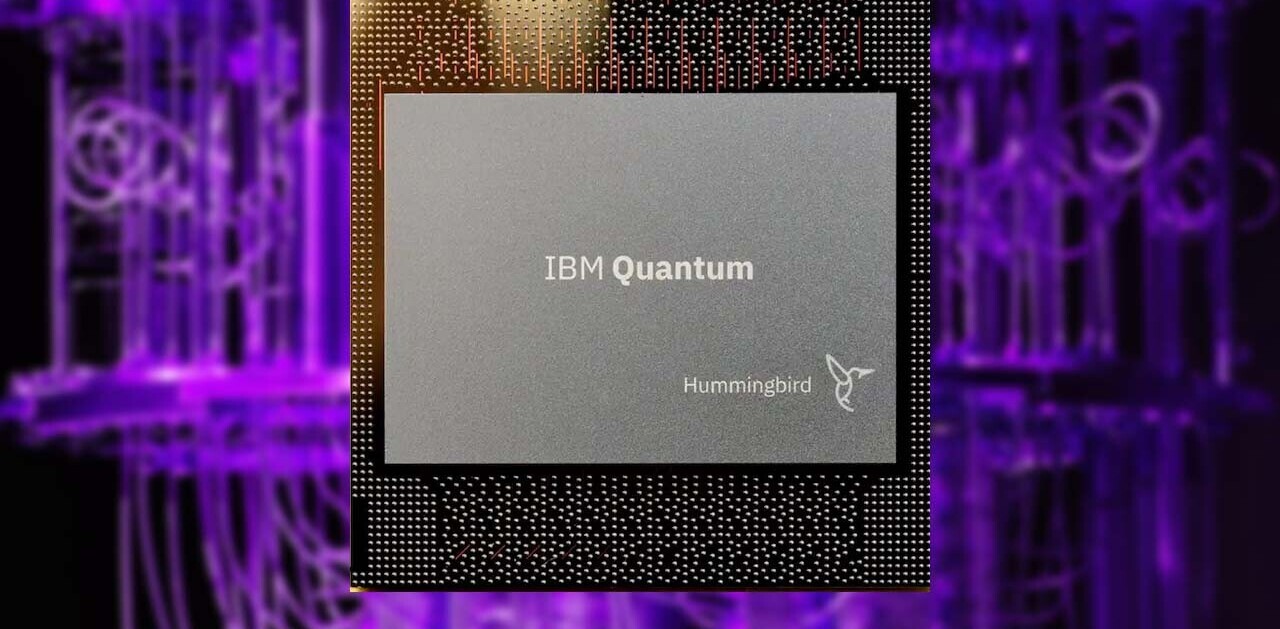
It’s Monday which means it’s Moonday Morning and time to catch up with the top news from over the weekend.
Let’s get to it.
1. Canadian financial regulators are learning from the QuadrigaCX debacle and are taking action to begin regulating cryptocurrency exchanges to mitigate the risks associated with virtual currency exchanges. In a joint paper, published last week, the Canadian Securities Administrators (CSA) and the Investment Industry Regulatory Organization of Canada (IIROC) explores how regulations need to be tailored to the unique business models of cryptocurrency businesses. The regulators are using the feedback from cases such as QuadrigaCX’s to develop regulatory frameworks that address risks to investors and can deliver more integrity to the market. Brace yourselves, Canadian cryptocurrency regulations are coming.
2. Bitcoin developer Jeff Garzik has been served a subpoena ordering him to provide information relating to a multi-billion dollar lawsuit filed against Bitcoin SV front man, Craig Wright, according to a tweet posted last Friday. The lawsuit filed by the family of David Kleiman, who is believed to be one of the first Bitcoin developers, alleges that Wright stole up to 1.1 million BTC ($4.4 billion at press time) after Kleiman passed away in 2013. Garzik has to provide 28 types of evidence pertaining to the case, including all “documents, communications, and agreements that support [Garzik’s] “personal theory” that David Kleiman is Satoshi Nakamoto. Garzik has 30 days to provide the evidence.
3. A further five US states could be getting dedicated cryptocurrency regulations akin to New York’s BitLicense, according to a recent state senate hearing. If the proposal is successful, residents of Nevada, California, Oklahoma, Rhode Island, and Hawaii could end up having a highly restricted opportunity to cryptocurrencies. New York’s BitLicense for example restricts what cryptocurrency exchanges are allowed to operate in the state, it imposes know-your-customer and anti-money laundering laws, and greatly inhibits locals’ access to cryptocurrency related services.
4. “Stablecoins might be securities,” according to the Securities and Exchange Commission’s (SEC) Senior Advisor for Digital Assets, Valerie Szczepanik. Speaking on a panel in Austin, Texas at SXSW, she said that “could raise issues under securities laws,” Decrypt reports. It seems that stablecoins pegged against real-world assets like gold or oil pose the biggest challenges for the SEC. Even so, with no dedicated blockchain securities regulations, Szczepanik says the SEC will need to address each instance on a case-by-case basis so it’s difficult to say how many stablecoins should be classed as securities.
5. IBM and the French National Council of Clerks (NCC), announced the proposed launch of a blockchain-based commercial and corporate registry following a successful pilot. The platform is due to be rolled out at some point this year, and will be used to maintain the database of information relating to a company’s legal standing. The platform is built on IBM’s Hyperledger Fabric, and aims to simplify the sharing of data between clerks across the country. IBM claims the pilot enabled the NCC to decrease the time it takes to update the registry from up to several days complex cases to a single day.
Well that’s Moonday for you, see you next week.
Did you know? Hard Fork has its own stage at TNW2019, our tech conference in Amsterdam. Check it out.
Get the TNW newsletter
Get the most important tech news in your inbox each week.





